Trade and investments
Trade and investment liberalisation are considered by many to be important instruments of development policy. In practice, global trade and investment regimes focus on securing profits for corporations and foreign investors above all else. Regulations which protect and benefit citizens, such as union rights, consumer and environmental protection, and financial regulation are described as barriers to investment and growth, rather than sound social policy. Many trade and investment agreements include investment protection and arbitration clauses that allow corporations to sue governments for policies that may adversely affect profits. A health warning on cigarettes, a ban on open-pit mining, and a plan to phase-out coal are but a few real examples of social policies that sparked the threat of corporate legal action. Transparency and democracy around trade and investment decisions is woefully lacking. Negotiations are conducted behind closed doors. Investment disputes are handled by private tribunals, rather than regular courts. SOMO examines a wide variety of trade and investment mechanisms, analysing their impact on society and sustainable development goals. We also study their implications for financial and other regulatory frameworks. We advocate for modern trade and investment policies that contribute simultaneously to social justice, sustainability, and just economic development. We stimulate political debate around planned trade agreements – like TTIP, CETA and TISA – that conflict with these goals.
Overview of articles
-
Transparency for fairer and greener EU supply chains Published on:
 Sanne van der WalPosted in category:Publication
Sanne van der WalPosted in category:Publication Sanne van der Wal
Sanne van der Wal
-

-
Dutch Bilateral Investment Treaties Published on:
 Bart-Jaap VerbeekPosted in category:Publication
Bart-Jaap VerbeekPosted in category:Publication Bart-Jaap Verbeek
Bart-Jaap Verbeek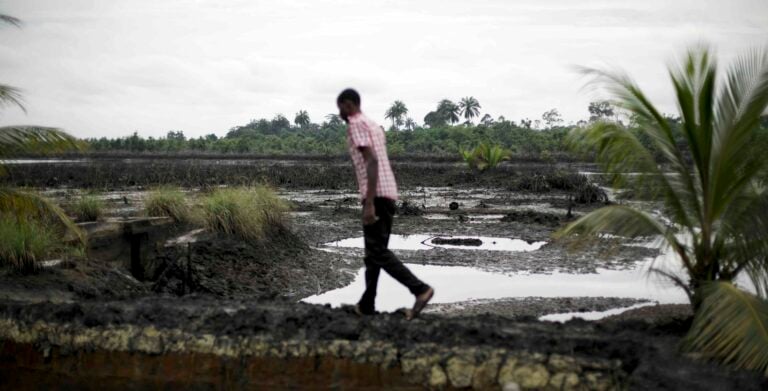
-
 60 years of Dutch investment treaties is no cause for celebrationPosted in category:News
60 years of Dutch investment treaties is no cause for celebrationPosted in category:News Bart-Jaap VerbeekPublished on:
Bart-Jaap VerbeekPublished on: -
 Dutch court dismisses damage claims by RWE and UniperPosted in category:News
Dutch court dismisses damage claims by RWE and UniperPosted in category:News Bart-Jaap VerbeekPublished on:
Bart-Jaap VerbeekPublished on: -
Governments should remove the threat of ISDS to climate goalsPosted in category:Published on:Statement
-
COP27: EU adoption of a “modernised” Energy Charter Treaty would open door to more climate chaosPosted in category:Opinion
 Bart-Jaap VerbeekPublished on:
Bart-Jaap VerbeekPublished on: Bart-Jaap Verbeek
Bart-Jaap Verbeek -
 The Netherlands wants to exit Energy Charter TreatyPosted in category:News
The Netherlands wants to exit Energy Charter TreatyPosted in category:News Bart-Jaap VerbeekPublished on:
Bart-Jaap VerbeekPublished on: -

-
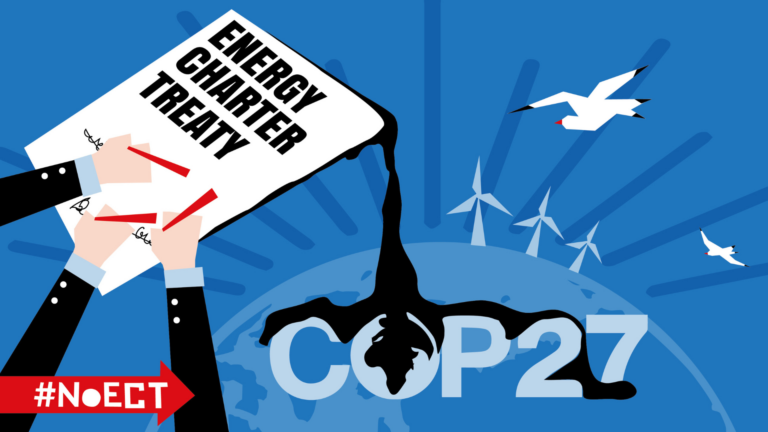 Urgent call to the Dutch government: exit the Energy Charter Treaty nowPosted in category:News
Urgent call to the Dutch government: exit the Energy Charter Treaty nowPosted in category:News Bart-Jaap VerbeekPublished on:
Bart-Jaap VerbeekPublished on: -

-
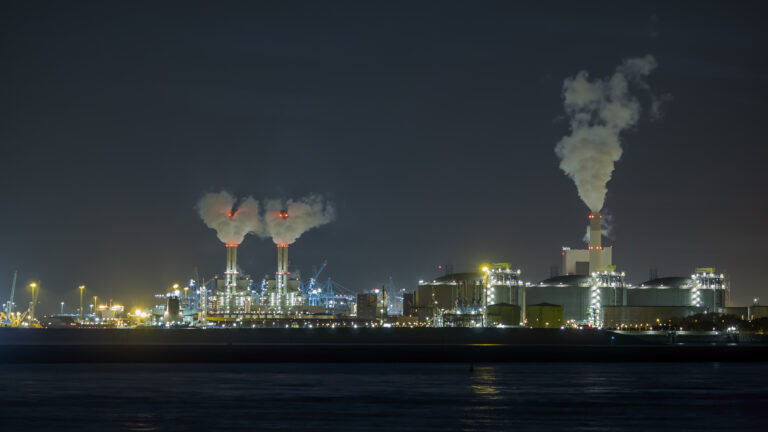
-
-
Pull the plug on the Energy Charter TreatyPosted in category:Opinion
 Bart-Jaap VerbeekPublished on:
Bart-Jaap VerbeekPublished on: Bart-Jaap Verbeek
Bart-Jaap Verbeek -
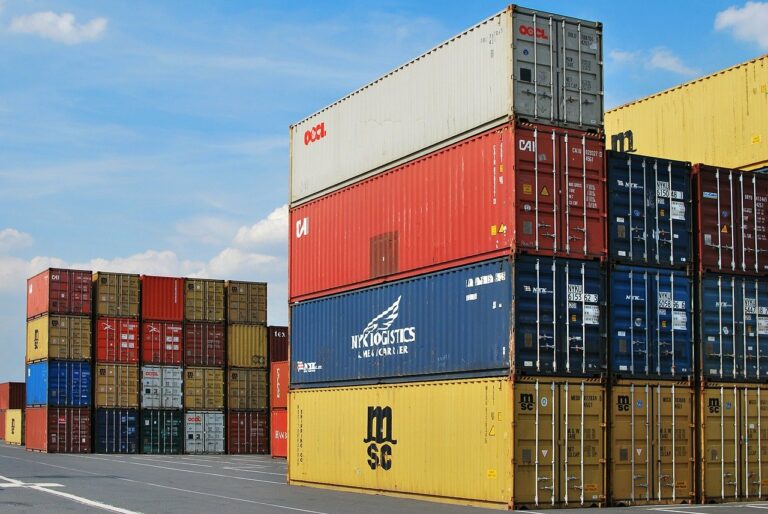
-
Posted in category:Can the EU remain true to its values while engaging in trade and investment with China?VideoPublished on:
-
 Webinar 23 June: “Unpacking the EU-China Comprehensive Agreement on Investment”Posted in category:News
Webinar 23 June: “Unpacking the EU-China Comprehensive Agreement on Investment”Posted in category:News Bart-Jaap VerbeekPublished on:
Bart-Jaap VerbeekPublished on: -
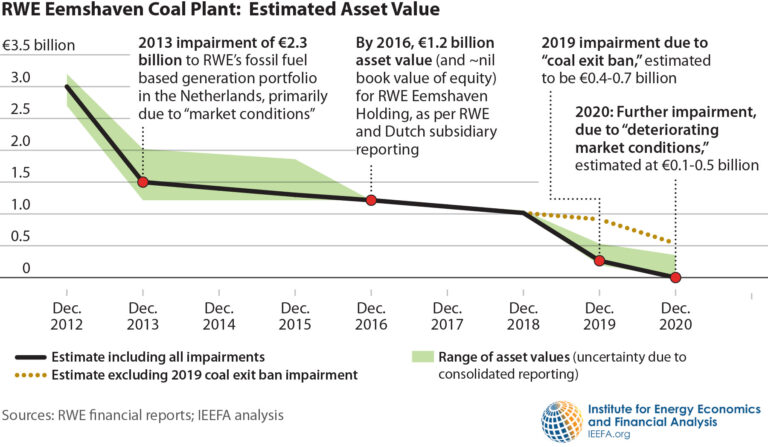 Research undermines billion euro “compensation” claims by German energy companies for Dutch coal phase-outPosted in category:News
Research undermines billion euro “compensation” claims by German energy companies for Dutch coal phase-outPosted in category:News Bart-Jaap VerbeekPublished on:
Bart-Jaap VerbeekPublished on:


